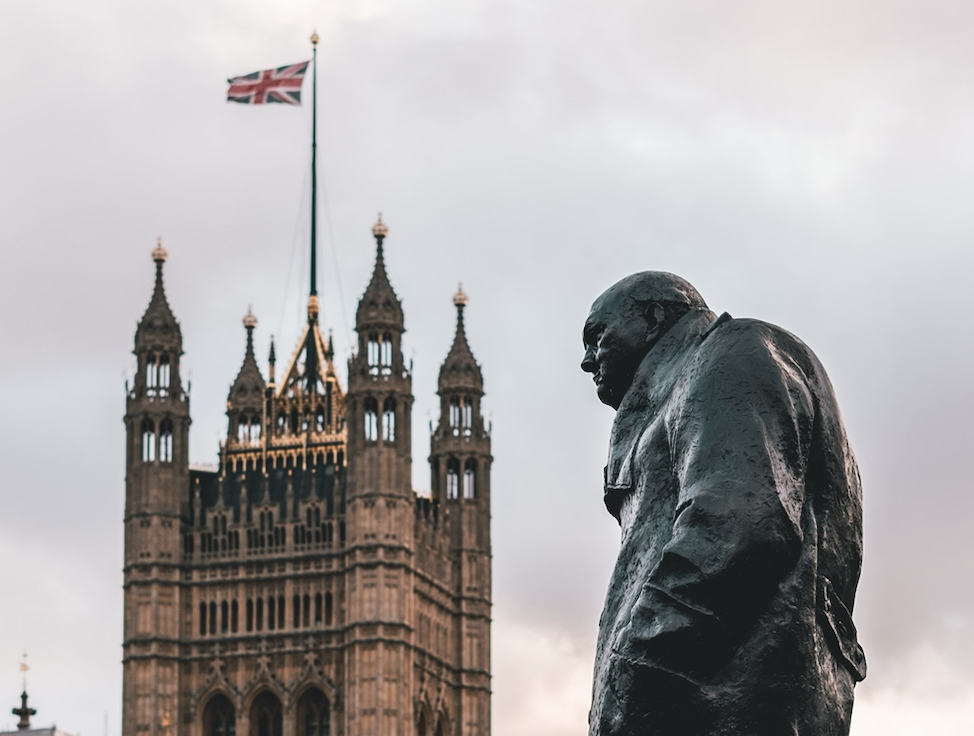
Sir Winston Churchill apparently had a habit of ending phone calls with “KBO” — an acronym for “Keep Buggering On”. It seems a particularly apt instruction for investors today.
Crashes and corrections are a feature of equity investing, but when they happen they can be hugely unsettling. As my fellow blogger The Investor at Monevator put it the other day, after a decade of strong returns, watching stock markets fall can feel like you’ve set up your sun lounger in front of a combine harvester.
At the time of writing, exchanges around the world have rallied after the worst day for markets for 33 years. But don’t be fooled. We could be in for plenty more stomach-churning volatility in the days and weeks ahead.
How long will the recovery take?
One of the UK Sunday newspapers just asked me for my thoughts on how long it will take the markets to reach the levels they were at before this current episode started.
I would be very sceptical about any such predictions. Apart from anything else, we don’t know how much further markets will fall from here.
Technically speaking, most major indices entered bear market territory yesterday. They could of course snap straight back out of it and rise to new heights in the coming months. But that’s an optimistic view.
No two bear markets are alike. Some, like 2008-09, are V-shaped, with a sharp decline followed by an equally sharp rise. Others, like the one that began in 1973-74, are more like a slow-motion mudslide. Of course, dividends continued to provide investors with a return. But actual stock prices in Britain didn’t regain their previous levels until May 1987. Five months later Black Monday happened, and prices crashed again.
Japan is an even more sobering example. Its stock market crashed in 1992 and it hasn’t really gone anywhere since.
The problem is, no one can predict the future with any accuracy. It’s impossible to say quite how serious coronavirus will be, or what impact it will have on the economy, let alone the markets. And markets may rise or fall sharply from here for reasons that have nothing to do with COVID-19.
People talk about buying the dips. But the worst-case scenario is that the markets carry on lurching downwards for years. It may be that only the most disciplined investors manage to stay the course.
What should investors do?
First things first: it’s far too late to sell now. If you do, you’re only turning paper losses into actual ones. As Michael Batnick put it in yesterday’s guest post, “you’re ensuring you’ll have less money in the future because you’re uncomfortable today.”
The best thing to do is stay calm and resist the temptation to make changes to your portfolio.
Certainly don’t be fooled by the same old claims that active fund managers make at times like these to offer “downside protection” in falling markets. They don’t. Active funds perform just as badly in bear markets as they do in bull markets — if not even worse. You’re much better off using broadly diversified and low-cost index funds.
If you haven’t already done so, decide on your capacity for risk, set your asset allocation accordingly and, most importantly, stick with with it.
Crucially, don’t stop those regular payments into your retirement plan. If anything, try to put more money away each month.
You should rebalance your portfolio every year or so to restore the original asset allocation, but otherwise, do nothing. Block out the noise and try to forget all about it.
Carry on investing what you can
Yes, there’s lots of bad news out there (heck, they’ve even suspended the domestic football programme). And there’s bound to be more to come.
But life goes on, and there should be rich rewards for investors who keep their long-term focus, diversify, control their costs and carry on investing what they can.
Stay calm, wash your hands and don’t touch your face. Or your portfolio.
KBO.
Picture: Arthur Osipyan via Unsplash









